The Bureau Bulletin - August 2017
News and updates from the Tennessee Bureau of Workers’ Compensation August 2017
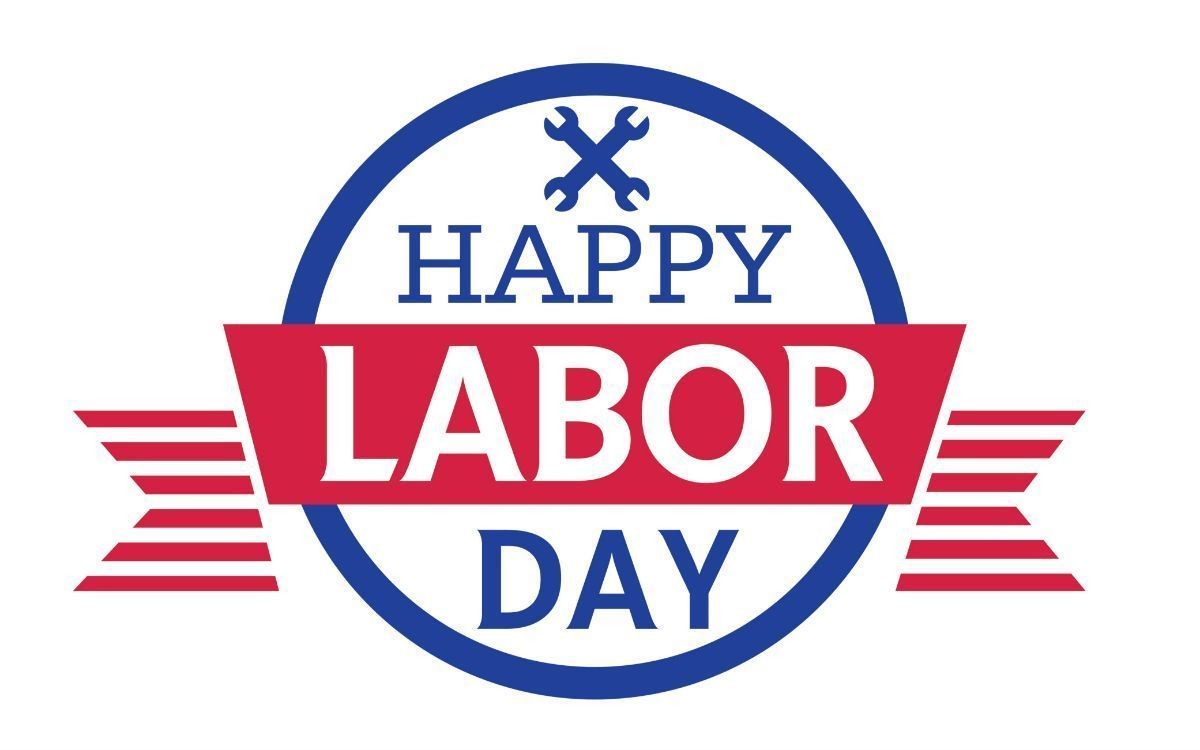
Office Closures
All state offices will be closed for Labor Day on Monday, September 4th.
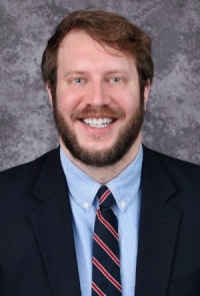
Ombudsman Attorney Program
Jay Hicks was appointed as the first Ombudsman Attorney on June 5, 2017. During June and July, he observed many hearings and spoke to the bar and self-represented litigants to develop an understanding of the problems self-represented litigants face. His primary purpose will be to develop practical tools to help parties protect their rights and better understand the dispute resolution process.
On Aug. 7, 2017, Jay will begin working directly with self-represented litigants, which includes injured workers and employers who are sole proprietors.
Drug Free Workplace Changes
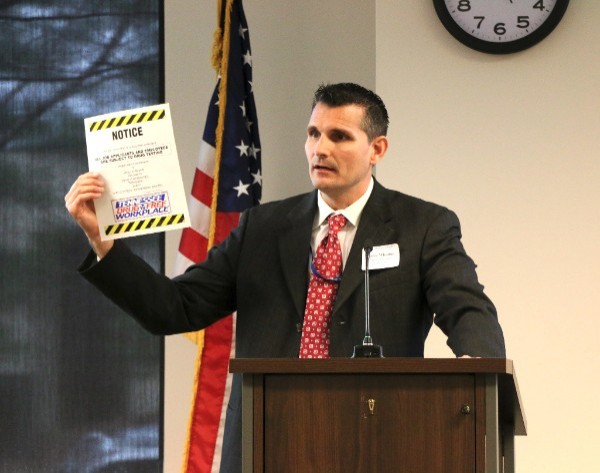
There are two questions the Tennessee Drug Free Workplace Program (DFWP) frequently receives each month:
1. What must my company do to be compliant and receive DFWP benefits?
2. Is this process SIMPLE?
Over the last year, the Bureau has focused on making the process easier by recommending revisions for the program’s rules and by updating its Employer Implementation Guide. We have simplified the language and made it conform to recent legislative changes such as the employee/supervisory training requirements and Federal HHS guideline changes. The Employer Implementation Guide, along with the template forms and policies, has also been revised and moved to the Bureau’s website.
A rulemaking hearing for recommended rule changes will be held Thursday September 28, 2017 @ 10 A.M., CST at 220 French Landing Dr. Nashville, TN 37243 in the Tennessee room. This venue will allow employers to participate in the revision process.
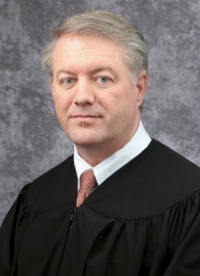
Judge Marshall Davidson Elected to Belmont College of Law Inns of Court
Marshall Davidson, the Presiding Judge of the BWC Appeals Board, was elected to serve on the executive committee of the Belmont College of Law American Inns of Court for a term of two years.
“My specific role is that of Counselor to the President of the Inn, which is akin to serving as a vice-president in most organizations. I will execute the functions of the President in his or her absence, assist in creating monthly educational programs for lawyers and judges, and help oversee the Inn’s mentoring of law school students and young lawyers,” said Marshall.
American Inns of Court are patterned after the English Inns of Court, which began in 1292. Today, the American Inns of Court include lawyers, judges, justices, and law school deans from throughout the United States. The mission of the American Inns of Court “is to foster excellence in professionalism, ethics, civility, and legal skills for judges, lawyers, academicians, and students of the law in order to perfect the quality, availability and efficiency of justice in the United States.” Meetings are held monthly in the evenings to participate in active learning and mentoring younger members of the bench and bar.Invitations to join the American Inns of Court are extended to a small percentage of lawyers and judges.
“For me personally, it’s a chance to grow and learn by interacting with some of the state’s best judges and justices, lawyers, and legal educators. From the Bureau’s perspective, it’s a way of establishing a presence in an untapped area.”
Legislative Updates

A general overview regarding the workers’ compensation legislation passed by the 2017 session of the 110th General Assembly is available here. Governor Haslam signed Public Chapter 344 into law on May 9, 2017, and it became effective upon signing. For a complete, detailed review of this information and all workers’ compensation bills introduced in this legislative session, please visit www.capitol.tn.gov.
Rulemaking Hearing on ProposedElectronic Medical Billing, "E-Billing"
The Bureau conducted a public rulemaking hearing on August 8 at 10:00 am CDT and will be accepting written comments through close of business on Tuesday, August 22, 2017. Proposed rules would govern the processes by which carriers pay medical providers for treatment provided in workers' compensation claims. Please submit any comments you would like to make to Troy.Haley@tn.gov.
Rulemaking Hearing on Proposed Revisions to the General Rules, Claims Handling Standards, and New Adjuster Certification Program Rules
The Bureau will conduct three public rulemaking hearings on August 29, beginning at 1:00 pm CDT. The hearings will be held in the Tennessee Room of the Department of Labor and Workforce Development offices located at 220 French Landing Drive in Nashville. Proposed General, Claims Handling Standards, and Adjuster Certification rules will be addressed at the hearing. These hearings are open to the general public.
Rulemaking Hearing on Drug-Free Workplace Program Rules
The Bureau will conduct a hearing on September 28, beginning at 10:00 am CDT. The hearings will be held in the Tennessee Room of the Department of Labor and Workforce Development offices located at 220 French Landing Drive in Nashville. Proposed revisions to the current Drug-Free Workplace Program rules will be addressed. This hearing is open to the general public.
20th Educational Conference
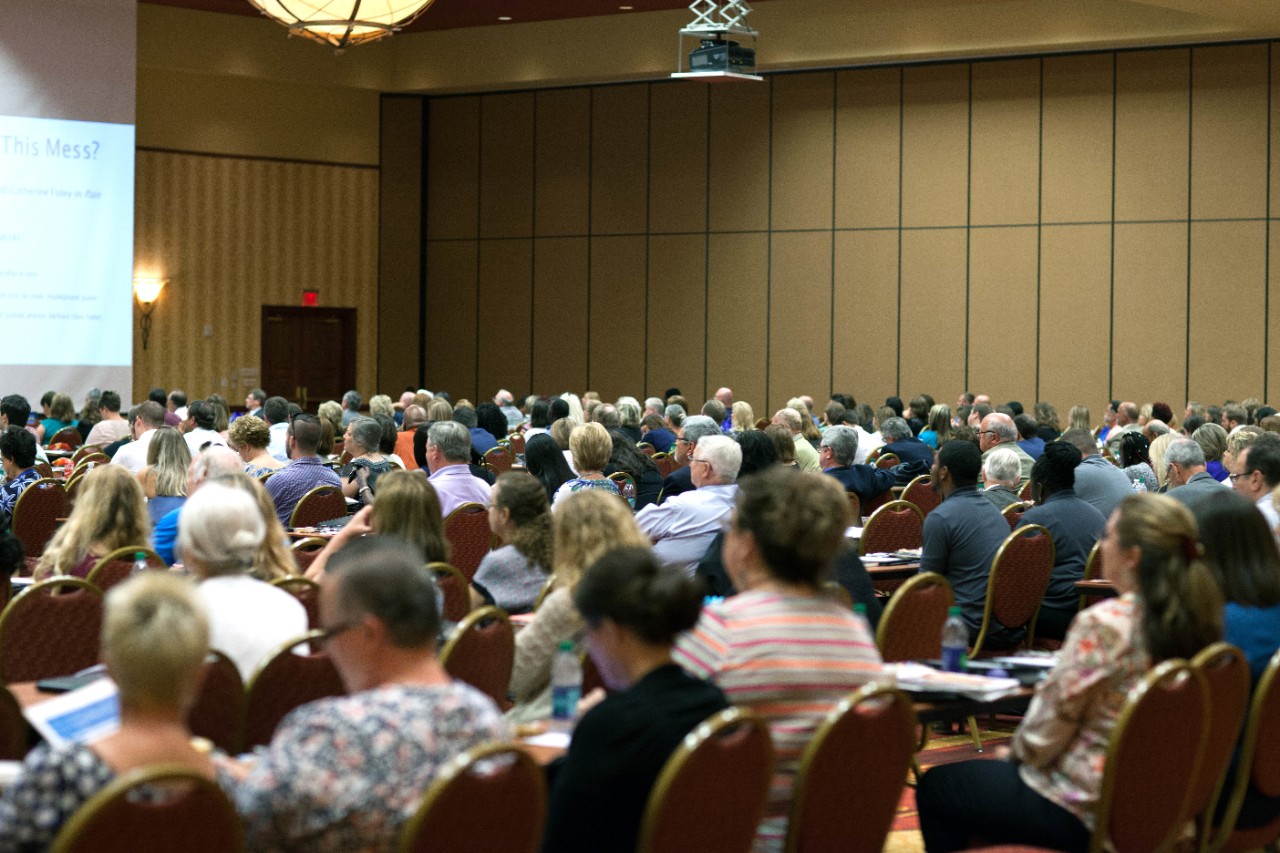
The Bureau recently wrapped up its 20th Workers’ Compensation Conference. Held June 13-15, 2017 at the beautiful Embassy Suites Hotel and Conference Center in Murfreesboro, the event continues to attract employers, attorneys, adjusters, case managers, medical providers, and other stakeholders by the hundreds.
This year’s attendance at 678 was the second-largest in its history! “Improving Communications: The Key to Improving Outcomes” served as the theme for this year’s presentations. Keynote and featured speakers presented information centered on the importance of active and continuous engagement with injured workers during the life of their claim.
Becky Curtis, Keynote Speaker and herself a former workers’ compensation claimant, spoke of the role that alternative pain relief programs had in her recovery. In fact, her injury and subsequent treatment plan lead her to research pain and work with her personal pain specialists before ultimately founding Take Courage Coaching (TCC). TCC is a program designed to help people in pain manage it and recover without extended use of opioids.
Artemis Emslie, Featured Speaker and CEO of myMatrixx.com (a pharmacy benefit management business) spoke of a claims-based advocacy program that encourages employers and adjusters to take the consumer experience of the injured worker into consideration in their decisions regarding their handling of workers’ compensation claims.
General Session presentations each day discussed topics of interest to the entire audience while Breakout Sessions, held on the second and third days, were designed to appeal to more specific interests of the various stakeholders represented. 84% of attendees responding to a post-conference survey rated it as Good or Excellent.
A conference mobile app was added this year for the first time, making it easy and eco-friendly for attendees to obtain conference materials. A band, featuring a physician on the Bureau’s MIR Registry, providing live music during the Kids’ Chance Auction was also new. Both additions received numerous positive comments in the survey. This year’s fundraising efforts brought in over $19,000.00 for Kids’ Chance and will help children whose parents were killed or catastrophically-injured in a work-related accident attend college.
Planning for this year’s conference began with a committee that first met in December of 2016. Their activities helped ensure the quality of the speakers and relevance of the issues being discussed. This means that planning for the 21st Conference, scheduled for June 6-8, 2018, will begin soon. The bar regarding the level of expectations has been set high; but, the committee will use those expectations as motivation to ensure that next year’s event will be even better!
Safe Ways to View the Eclipse
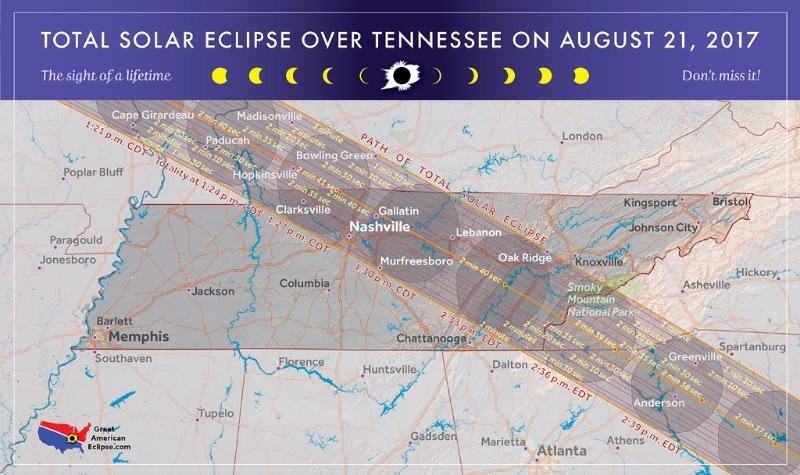
From NASA: Looking directly at the sun is unsafe except during the brief total phase of a solar eclipse (“totality”), when the moon entirely blocks the sun’s bright face, which will happen only within the narrow path of totality (https://go.nasa.gov/2pC0lhe(link is external)).
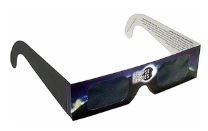
The only safe way to look directly at the uneclipsed or partially eclipsed sun is through special-purpose solar filters, such as “eclipse glasses” (example shown at left) or hand-held solar viewers. Homemade filters or ordinary sunglasses, even very dark ones, are not safe for looking at the sun; they transmit thousands of times too much sunlight. Refer to the American Astronomical Society (AAS) Reputable Vendors of Solar Filters & Viewers link is external)page for a list of manufacturers and authorized dealers of eclipse glasses and handheld solar viewers verified to be compliant with the ISO 12312-2 international safety standard for such products.
• Always inspect your solar filter before use; if scratched or damaged, discard it. Read and follow any instructions printed on or packaged with the filter.
• Always supervise children using solar filters.
• Stand still and cover your eyes with your eclipse glasses or solar viewer before looking up at the bright sun. After looking at the sun, turn away and remove your filter — do not remove it while looking at the sun.
• Do not look at the uneclipsed or partially eclipsed sun through an unfiltered camera, telescope, binoculars, or other optical devices.
• Similarly, do not look at the sun through a camera, a telescope, binoculars, or any other optical device while using your eclipse glasses or hand-held solar viewer — the concentrated solar rays will damage the filter and enter your eye(s), causing serious injury.
• Seek expert advice from an astronomer before using a solar filter with a camera, a telescope, binoculars, or any other optical device. Note that solar filters must be attached to the front of any telescope, binoculars, camera lens, or other optics.
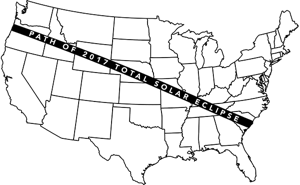
• If you are within the path of totality (https://go.nasa.gov/2pC0lhe(link is external)), remove your solar filter only when the moon completely covers the sun’s bright face and it suddenly gets quite dark. Experience totality, then, as soon as the bright sun begins to reappear, replace your solar viewer to look at the remaining partial phases.
• Outside the path of totality, you must always use a safe solar filter to view the sun directly.
• If you normally wear eyeglasses, keep them on. Put your eclipse glasses on over them, or hold your handheld viewer in front of them.